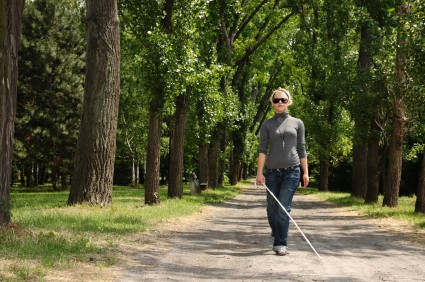Last week I found NPR’s Invisibilia podcast and I’m hooked!
The series, co-hosted by Alix Spiegel and Lulu Miller “explores the intangible forces that shape human behaviour — things like ideas, beliefs, assumptions and emotions.”
Invisibilia is Latin for “all the invisible things,” those things we might never consider if it were not for these two intrepid podcasters delving in to some interesting reporting journeys to shine a light on them. In the pilot season, they explore our innermost thoughts, emotions, and expectations and track down the science to help explain how those things impact on us.
The storytelling is superb. Each episode is laced with new findings from the fields of psychology and brain science, which for me is brain candy.
Here’s what the first three episodes were about:
- The Secret History of Thoughts: Do your inner thoughts reveal who you really are?
- Fearless: What if you could make fear disappear?
- How to Become Batman: How do expectations impact on people around us?

Kish shares some wise thoughts on the expectations we impose on others we perceive to have disabilities. If you have time, there is a bonus segment that details the experience of a blind woman who echolocates. Her story makes us consider the other side of the coin and is a poignant story about trading roles with her husband as their situation changes.
If you haven’t checked out Invisibilia yet, I highly recommend you do.

